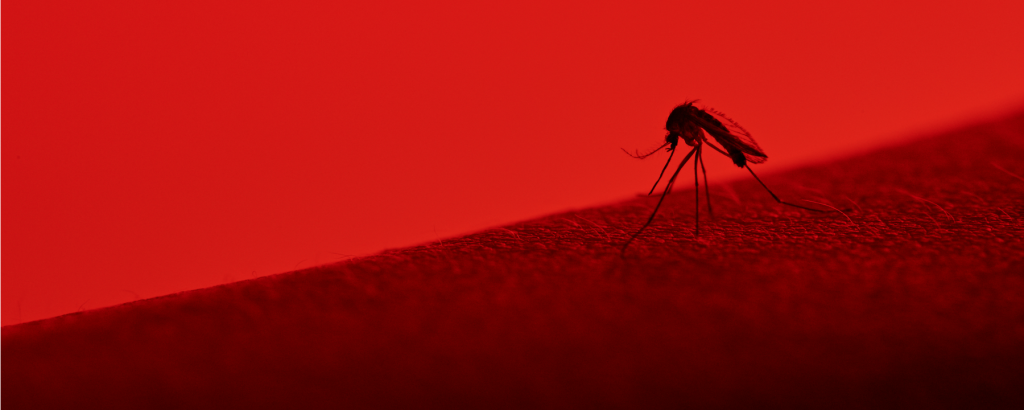Mosquitoes infected with Wolbachia bacteria and released into the wild are associated with a sharp decrease in dengue fever infections in humans, scientists reported Thursday (November 21) at the American Society of Tropical Medicine and Hygiene’s annual meeting.
Cases of dengue, a mosquito-transmitted disease that causes fever, skin rash, vomiting, and muscle and joint pain, have gone down over the past few years in areas of Indonesia, Vietnam, Brazil, and Australia where the insects were released, reports the Associated Press. Scientists with the World Mosquito Program conducted the research, and the findings were presented by Kate Anders, an epidemiologist at Monash University in Australia.
In North Queensland, Australia, there has been a 96 percent reduction in dengue infections following the introduction of bacteria-infected mosquitoes in 2011. There has also been a 76 percent decrease in Indonesia, a 70 percent decrease in Brazil, and a similar decrease in Vietnam, according to STAT and the AP.
See “Bacteria-Treated Mosquitoes Released in More Locations”
Wolbachia bacteria infect many insect species in nature, but they usually aren’t found in Aedes aegypti mosquitoes that spread dengue and other diseases. After mosquitoes are infected in the lab, the bacteria can be passed down through subsequent generations, and the microbes appear to block the transmission of the dengue virus from mosquitoes to humans. The mosquitoes are not genetically modified.
The data presented at the meeting were from observational studies, but the World Mosquito Program aims to publish the results of a controlled trial in Indonesia next year, and to expand to larger cities. “The challenge for us is to go from where we are now to be able to do efficiently big cities—Ho Chi Minh City, Bangkok, Jakarta, New Delhi, any of the big municipalities of Brazil. So that’s where we hope to be, protecting 100 million people by 2023,” Cameron Simmons, the director of impact assessment with the World Mosquito Program, tells STAT.







